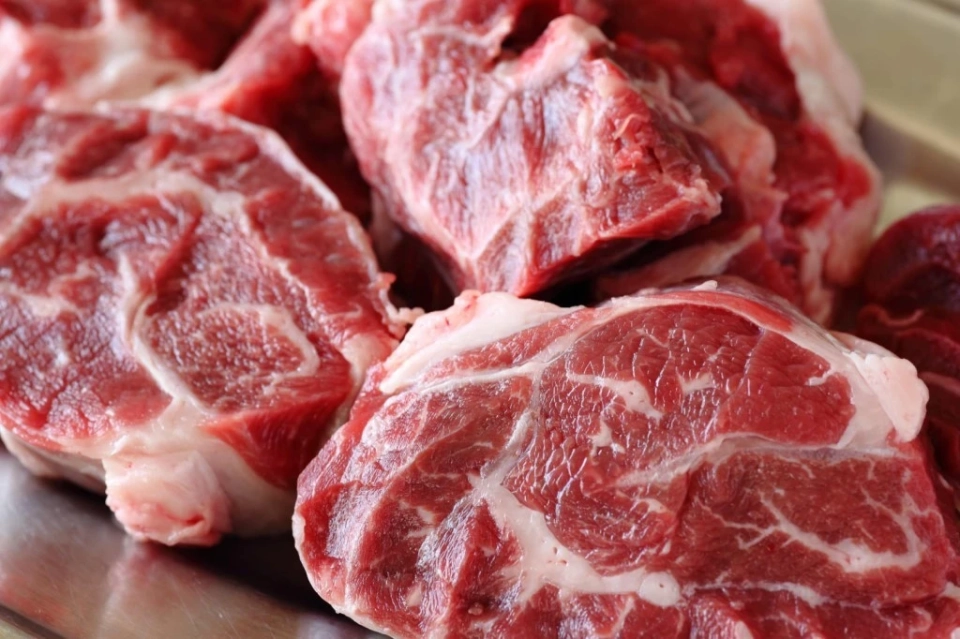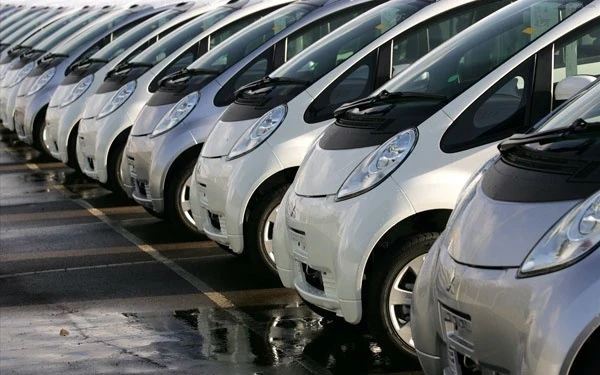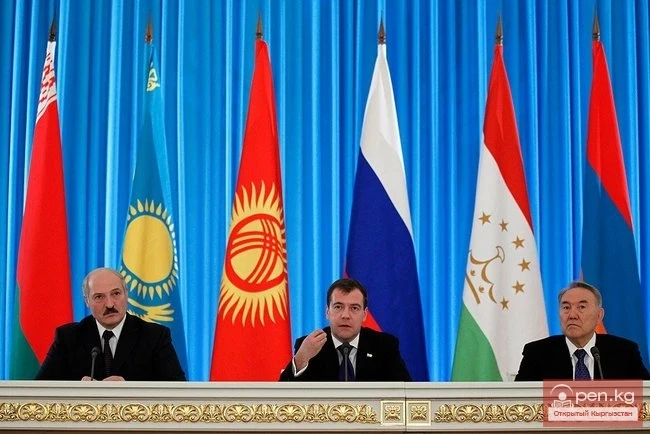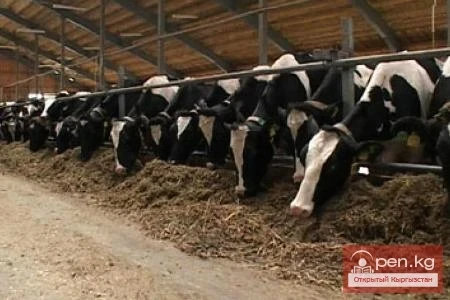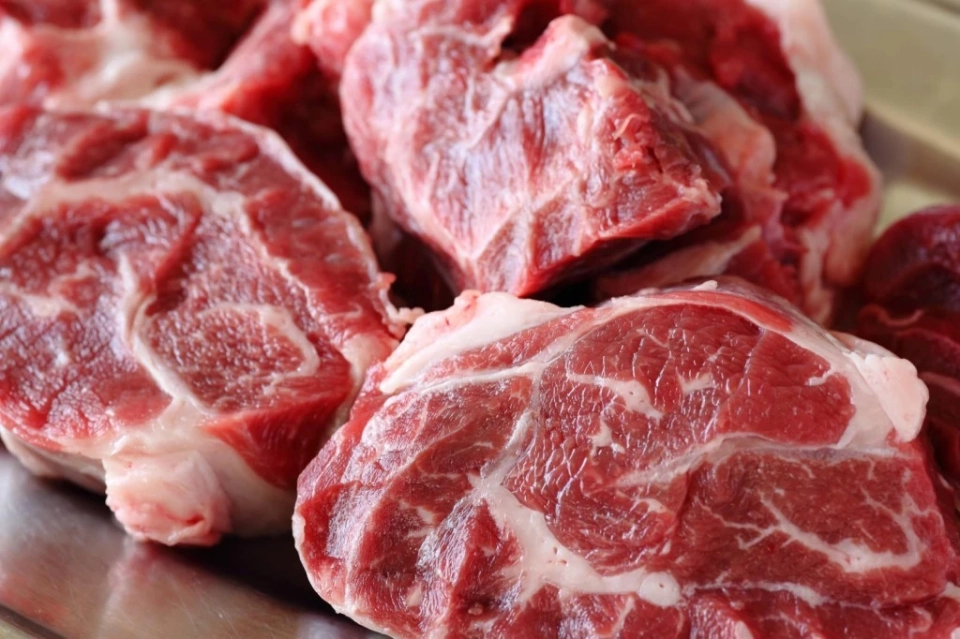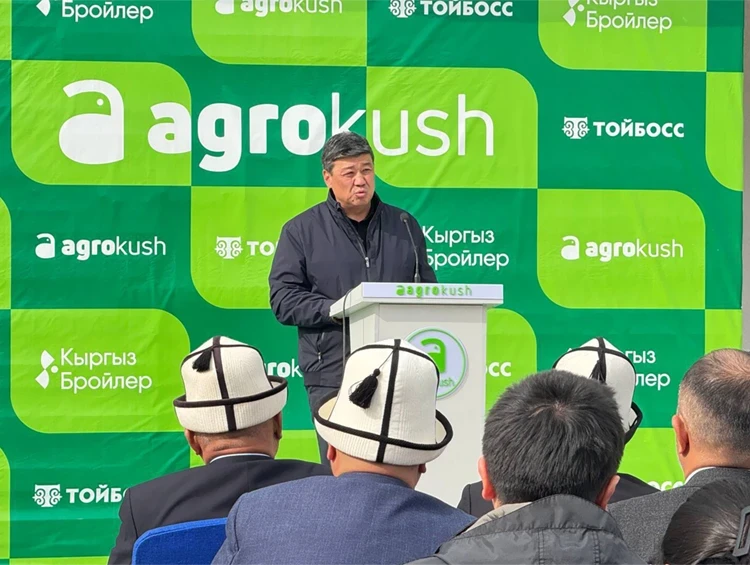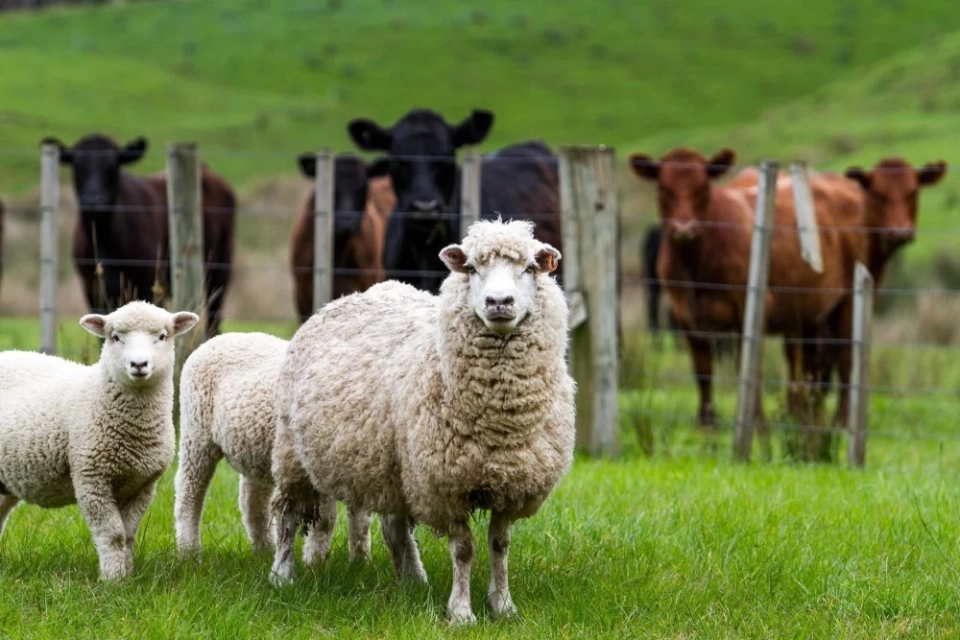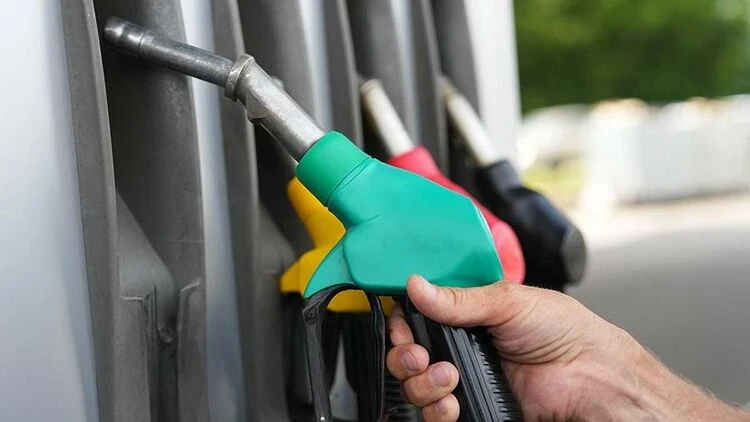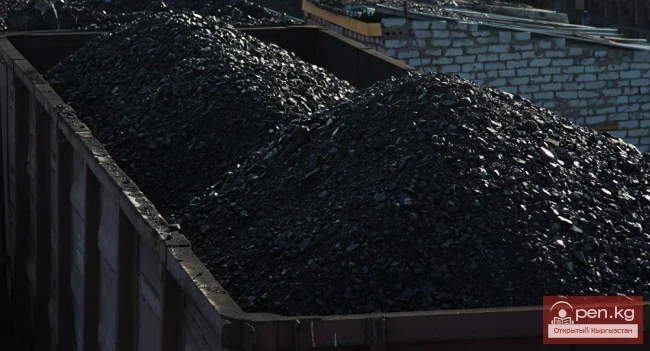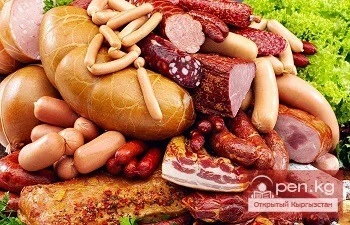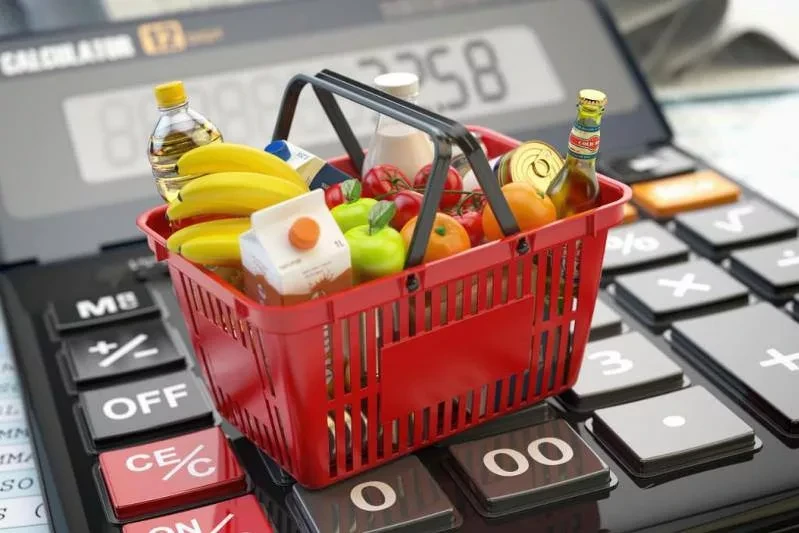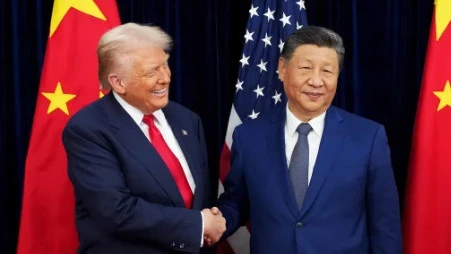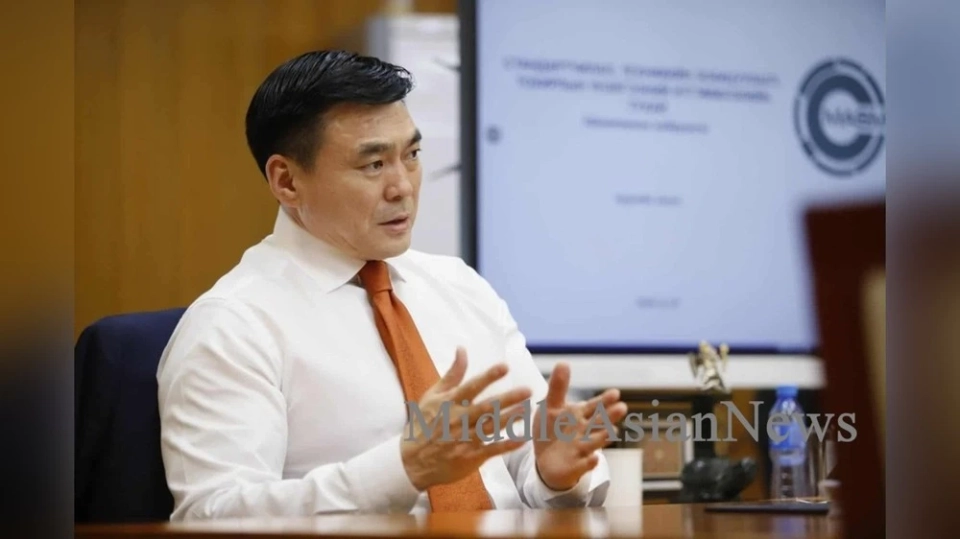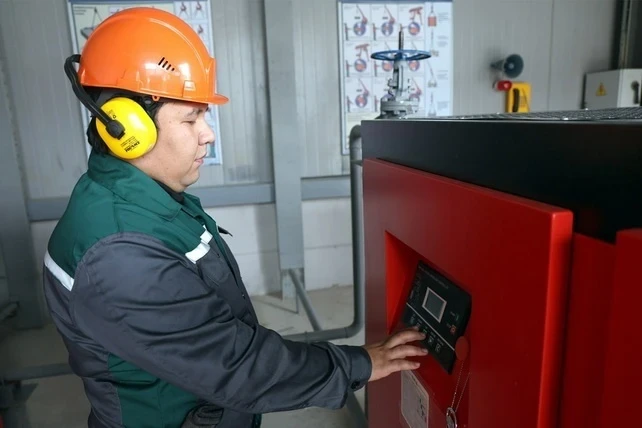Kazakhstan rejected Russia's initiative to reduce import customs duties on beef from 50% to 27.5%, as well as to decrease the tariff quota from 570 to 130 thousand tons, reports Exclusive.kz.
This decision is based on the opinion of local producers who seek to protect their market. Deputy Prime Minister Serik Zhumangarin emphasized that providing tariff benefits under the current conditions is impractical.
“The proposal to reduce duties from the Russian Federation was discussed at meetings of the Eurasian Economic Commission, however, the Kazakh side did not support it,” noted Zhumangarin.
According to the Deputy Prime Minister, the government is actively working on the development of the livestock sector. This includes improving state support, increasing the cattle population, and enhancing export potential.
“As part of the Concept for the Development of the Agro-Industrial Complex until 2030 and the Comprehensive Plan for the Development of Agricultural Product Processing, measures are being implemented to subsidize the purchase of raw materials, reimburse up to 25% of investment costs, and provide preferential loans at 2.5–5% per annum,” explained Zhumangarin.
Projects are also being implemented based on Australian technology for creating meat clusters, which involve small farms in production chains and stimulate an increase in livestock for subsequent fattening.
Starting from August 1, 2025, a program for preferential loans for fattening sites at 5% per annum will be launched with the allocation of 50 billion tenge, which will allow for a capacity utilization increase of more than 60%.
Within the framework of the "Aul Amanaty" project, rules for microcrediting and leasing for rural residents and small towns have been approved, providing farmers with the opportunity to obtain microloans on favorable terms.
In addition, the government plans to increase the volume of agricultural production and ensure guaranteed sales by creating cooperatives involving large and medium-sized agricultural companies.
“By 2030, the industry faces the task of increasing the share of processed agricultural product exports to 70%. To achieve this, an export support ecosystem is being formed with more than 20 financial and non-financial assistance tools,” added Zhumangarin.
He also reported that a Comprehensive Plan for the Support and Development of Agribusiness in the Livestock Sector for 2026–2030 is currently being developed.
“This document will become the main tool for strategic planning, which will define the benchmarks and mechanisms of state policy in the field of livestock. The plan includes preferential loans at 5% per annum, simplification of land allocation procedures for beginner farmers, as well as social measures for workers in this sector,” noted the official.
Among the social measures are: lowering the retirement age for shepherds and herders, as well as granting their children the right to free higher education and exemption from military service.
“All these measures are aimed at developing livestock and ensuring the country's food security,” emphasized the Deputy Prime Minister.
In conclusion, he noted that future strategies for ensuring the domestic meat market and developing the sector will be determined based on an analysis of the market situation, taking into account the interests of both the population and agrarians.
